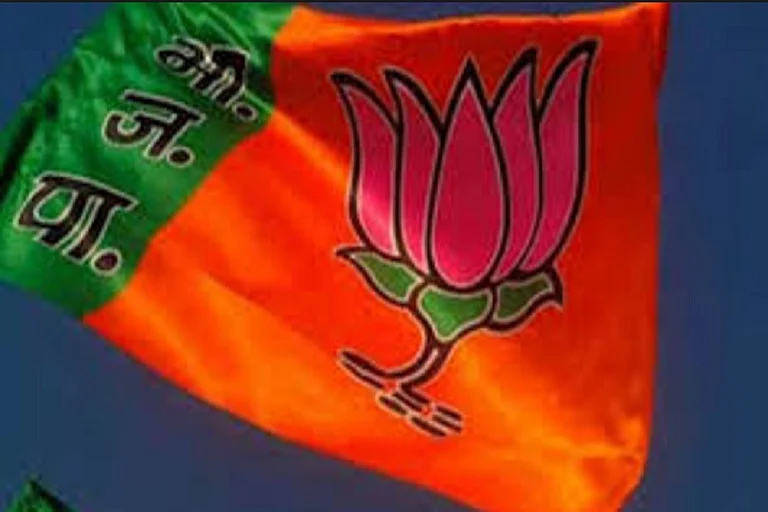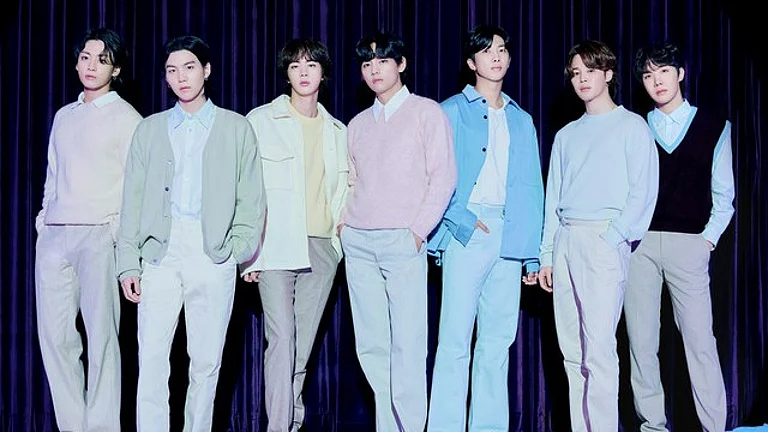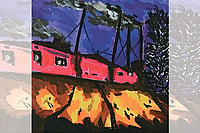In the case of Raj Kamal Jha’s new novel, If You’re Afraid of Heights, a black crow serves, quite literally, as a vehicle of narration. And, in a more striking Kafkaesque parallel, the daily realities of urban India find literary expression in the form of grim, recurrent hallucinations of ordinary people. These are people who are trapped, if not in their own scarred memories, then in the inescapable obsessions of their creator.
Critics in the past had happily turned psychoanalysts and examined Jha’s preoccupation with incest and abuse. The Blue Bedspread, his prize-winning first novel, was both celebrated and dismissed for its scandalous, delicately narrated, fragmentary story of sex, shared like a consolation, between tormented siblings. In his new, second novel, Jha presents a narrative that is, in part, about the discovery in a canal of the body of an eleven- or twelve-year-old girl which shows signs of having been gagged and raped.
In choosing such subjects, Jha has emerged as the troubled poet of page three of our daily newspaper. Like Marquez, also a working journalist, Jha takes the dregs of the day and turns it into more lasting prose. But while the Latin American writer has used magic realism to give epic form to the unwritten history of his nation, Jha’s ambitions are more personal and private. He writes of the tyranny of fathers and of the secrets held in silence within the walls of our bedrooms.
The result is not always spectacular. If You’re Afraid of Heights is made up of three separate narratives that are connected only in a vague way, with elements of each reappearing in a different setting. The repetition of images and motifs lends a thin coherence to the narratives; more desirably, it gives the stories an eerie, timeless feeling of unfolding in a dream. The book’s contents can easily be described by borrowing the first three lines on the dust-jacket: "A man and a woman meet in a midnight road accident and fall in love. A reporter arrives in a small town to uncover the story of a child’s rape and murder. And a young girl, shaken by suicides in her neighbourhood, begins to fear for her parents’ lives." However, with very little more by way of a plot, Jha’s novel falls in the category of avant-garde fiction that wins prizes but not the readers it otherwise deserves.
So why should Raj Kamal Jha be read widely? Because like the black crow of his creation, his writing risks crossing again and again the walls that divide the powerful from the powerless. And his novels, which are in reality prose-poems, open into landscapes that are illuminated with detail, their ordinariness enriched by the writer’s loving attention. While reading several scenes, one is tempted to applaud Jha for not allowing his critics to corral him into following a conventional narrative line.
Among all the articles that were written by journalists who visited Gujarat after the riots, the most original and moving piece had been Jha’s. His essay recounted the experience of opening the pages of a partially-charred children’s textbook. The writer had picked up the book from Gulbarg Society where 38 people had been burnt alive. "On Page 43, there’s a lesson called ‘Fire In a Hotel’ about a blind man called John Brown and his dog Chum who are trapped in a hotel fire. ‘I smelt smoke! A fire! I felt the door of my room. It was hot so I didn’t open it. I wet some towels and put them along the bottom of the door...I felt my way to the window and opened it. But because I can’t see, I could not climb out’."
It is impossible not to think of Jha’s reportage from Gujarat when reading If You Are Afraid of Heights. The pages are haunted by the sound of a child crying. In his writing about the little girl’s rape, Jha demonstrates both rage and finesse. More than once, he shows us a child working through her English lesson. In one scene, a girl reads about a deposed king, Robert Bruce, who, hiding in a cave, watches a spider fail and then succeed at spinning a cobweb. We are in touch with a young imagination struggling with a world of adult rules and expectations. The scene, exemplifying an attitude, offers what I think of as a real Jha moment, when we see tenderness glowing like a firefly in the dark.


























